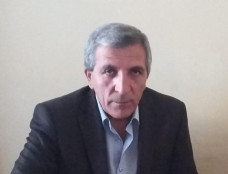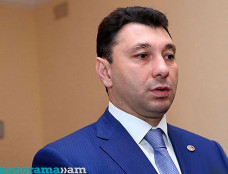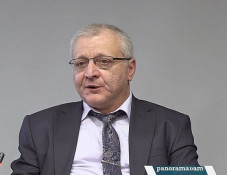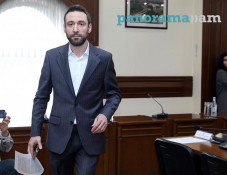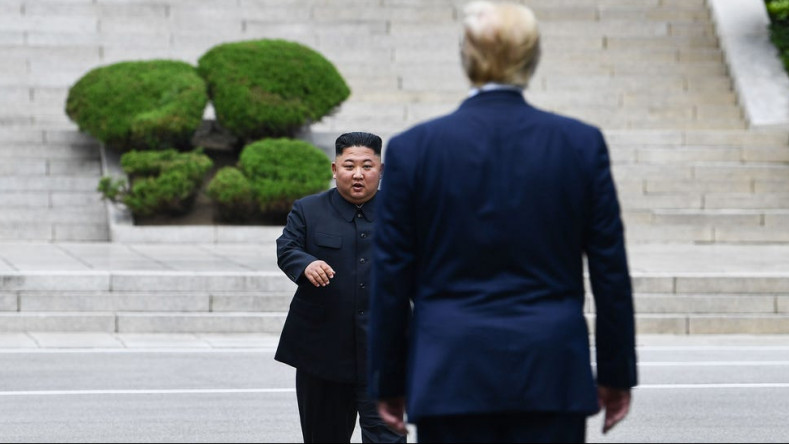
US charges dozens of North Koreans in $2.5B sanctions-busting scheme
The U.S. Justice Department has accused a network of North Korean and Chinese citizens of secretly advancing North Korea’s nuclear weapons program by channeling at least $2.5 billion in illicit payments through hundreds of front companies.
The indictment, unsealed Thursday in Washington’s federal court, is believed to be the largest criminal enforcement action ever brought against North Korea, New York Post reports.
The 33 defendants include executives of North Korea’s state-owned Foreign Trade Bank, which in 2013 was added to a Treasury Department list of sanctioned institutions for transactions that facilitated the nuclear proliferation network, and cut off from the U.S. financial system.
According to the indictment, the bank officials — one of whom had served in North Korea’s primary intelligence bureau — set up branches in countries around the world, including Thailand, Russia and Kuwait, and used more than 250 front companies to process U.S. dollar payments to further the country’s nuclear proliferation program.
The defendants used a variety of tactics to cover their tracks, including coded conversations; listing false destinations and customers on contracts and invoices; and creating new front companies after the banks caught onto the association with North Korea, the indictment says. Banks were routinely tricked into processing transactions they wouldn’t have ordinarily done, according to prosecutors.
Five of the defendants are Chinese citizens who operated covert branches in either China or Libya. Others who were charged include individuals who served at times as the bank’s president or vice president.
“Through this indictment, the United States has signified its commitment to hampering North Korea’s ability to illegally access the U.S. financial system and (to limiting) its ability to use proceeds from illicit actions to enhance its illegal WMD and ballistic missile programs,” acting U.S. Attorney Michael Sherwin for the District of Columbia said in a statement.
The U.S. has frozen and seized about $63 million from the scheme since 2015, according to the indictment.
Newsfeed
Videos








